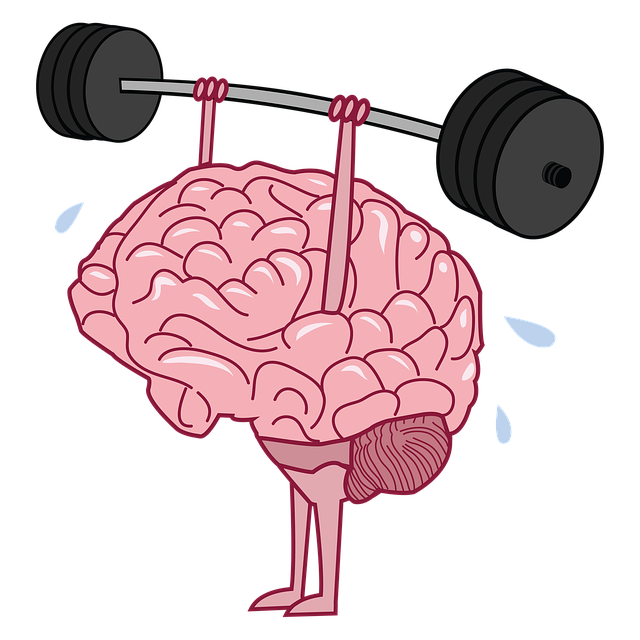Aurora Couples Communication Issues Therapy is a specialized approach designed to help partners resolve challenges, improve understanding, and strengthen their bond. Beneficial for both personal and professional relationships, this therapy enhances communication skills and mental well-being, especially crucial in the demanding healthcare sector where burnout is prevalent. By prioritizing self-care, setting boundaries, and integrating peer support networks, healthcare professionals can maintain a healthier work-life balance alongside fostering a culture of well-being within their organizations.
Healthcare provider burnout is a growing concern, impacting not only individuals but also the broader healthcare system. This article explores strategic interventions to combat burnout among healthcare professionals, focusing on causes, communication issues like Aurora Couples dynamics, and evidence-based solutions such as therapy integration, support systems, work-life balance practices, and organizational culture shifts. By addressing these aspects, we aim to enhance resilience and wellbeing in the medical field.
- Understanding Healthcare Provider Burnout: Causes and Impact
- The Role of Effective Communication in Burnout Prevention (Focus on Aurora Couples Communication Issues)
- Integrating Therapy and Support Systems for Resilient Practice
- Work-Life Balance Strategies for Healthcare Professionals
- Fostering a Culture of Wellbeing and Support in Healthcare Organizations
Understanding Healthcare Provider Burnout: Causes and Impact

The Role of Effective Communication in Burnout Prevention (Focus on Aurora Couples Communication Issues)

Integrating Therapy and Support Systems for Resilient Practice

In the high-pressure environment of healthcare, burnout is a significant concern, but integrating therapy and support systems can offer resilience against this issue. Aurora Couples Communication Issues Therapy, for instance, focuses on enhancing communication skills and addressing relationship challenges, both vital aspects of mental well-being for healthcare providers. By fostering open dialogue and improving interpersonal connections, therapists contribute to a healthier work environment, reducing the risk of burnout.
Self-Care Routine Development for Better Mental Health is another crucial strategy. Healthcare professionals often neglect their own needs while prioritizing patient care. Implementing structured self-care routines, incorporating activities like exercise, mindfulness practices, and adequate sleep, can help providers maintain emotional balance. Additionally, advocating for Mental Health Policy Analysis and Advocacy ensures that institutions prioritize mental health support, making it easier for staff to access resources when needed. Social Skills Training is also beneficial, promoting effective interaction with colleagues and patients, thereby enhancing job satisfaction and reducing stress levels.
Work-Life Balance Strategies for Healthcare Professionals

Healthcare professionals, especially those in demanding fields like mental health care, often struggle with maintaining a healthy work-life balance. This can lead to burnout and negatively impact both their mental wellness and overall quality of life. To counteract this, several strategies can be employed. One effective approach is to prioritize self-care practices such as regular exercise, adequate sleep, and engaging in hobbies outside of work. Additionally, setting clear boundaries between professional and personal time is crucial; this includes turning off work notifications during non-work hours and scheduling dedicated time for family, friends, and leisure activities.
Aurora couples communication issues therapy can be a valuable tool for healthcare professionals dealing with personal or professional relationships that contribute to stress. Incorporating practices that enhance cultural sensitivity in mental healthcare practice can also create healthier dynamics within the workplace. Moreover, regular risk assessments for mental health professionals are essential to identify early signs of burnout and implement preventive measures. By integrating these work-life balance strategies into their routines, healthcare providers can mitigate the risks associated with burnout and foster a more sustainable career in the long term.
Fostering a Culture of Wellbeing and Support in Healthcare Organizations

In healthcare organizations, fostering a culture that prioritizes wellbeing and support is paramount to preventing burnout among providers. This involves creating an environment where open communication is encouraged, especially regarding Aurora Couples Communication Issues and other personal challenges that may impact performance and satisfaction. Implementing regular check-ins, peer support networks, and access to mental health resources can significantly enhance resilience and job satisfaction.
By integrating Depression Prevention strategies and Conflict Resolution Techniques, healthcare institutions can effectively address burnout at its root. Encouraging healthy work-life balance, recognizing and rewarding efforts, and promoting a collaborative rather than competitive atmosphere are key components in building a supportive ecosystem that attracts and retains dedicated healthcare providers.
Healthcare provider burnout is a complex issue, but by understanding its causes and implementing targeted strategies, we can foster a culture of resilience and well-being. Effective communication, as highlighted by Aurora couples communication issues, plays a pivotal role in preventing burnout. Integrating therapy and support systems allows healthcare professionals to develop coping mechanisms and maintain a healthy work-life balance. Additionally, organizational efforts to promote a culture of wellbeing and support are essential for long-term sustainability. By adopting these strategies, we can revolutionize healthcare delivery and ensure a happier, healthier workforce.














